Resolution #425
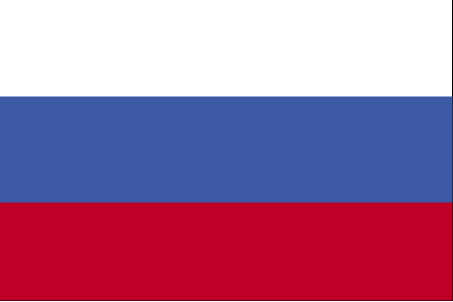 |
The question of human trafficking in sub-Saharan Africa. |
| Committee: SOCHUM | |
| Main Submitter: Russian Federation | |
| Submitted: 14/02/2025 21:05 |
| Status |
|---|
| Passed cosubmitter sheet validation |
| Approved by approval panel |
| Selected for debate by secretariat |
| Passed by committee (SOCHUM) |
Committee Voting
| For: | 53 |
| Against: | 5 |
| Abstentions: | 0 |
Options
Co-submitters
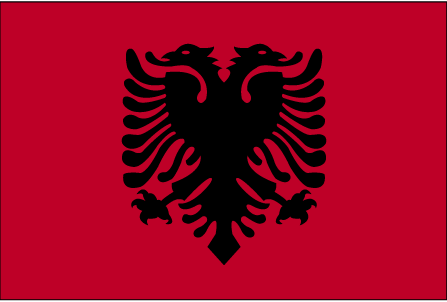 | Albania |
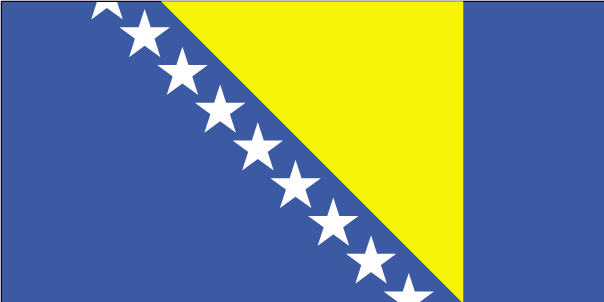 | Bahamas |
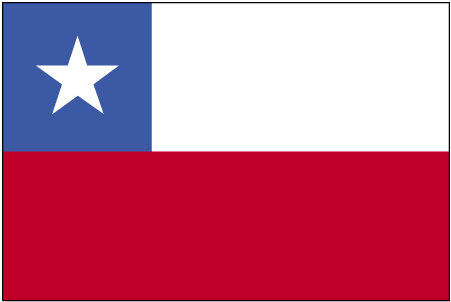 | Chile |
 | Greece |
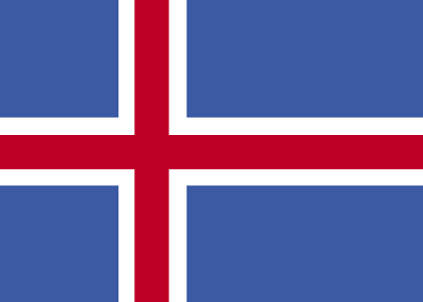 | Iceland |
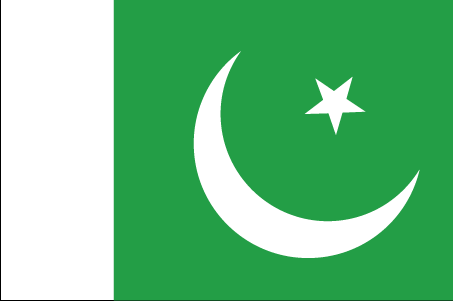 | Pakistan |
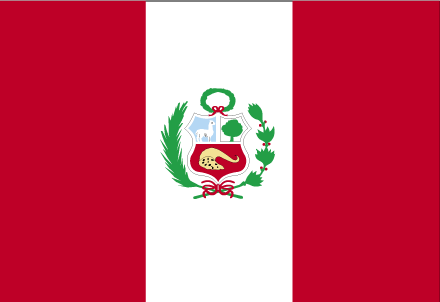 | Peru |
 | Qatar |
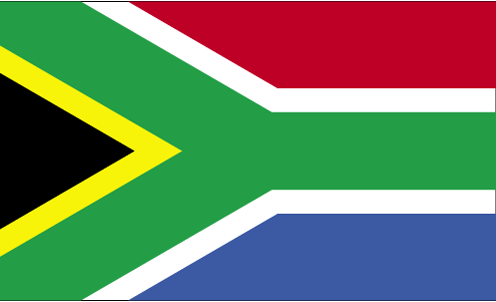 | South Africa |
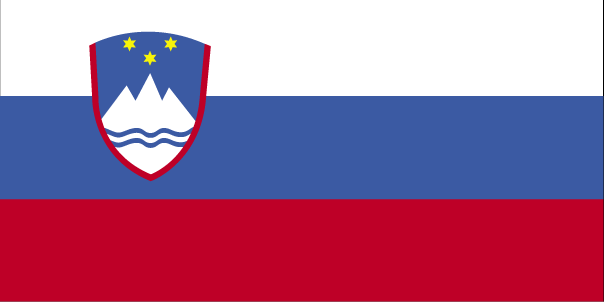 | Slovenia |
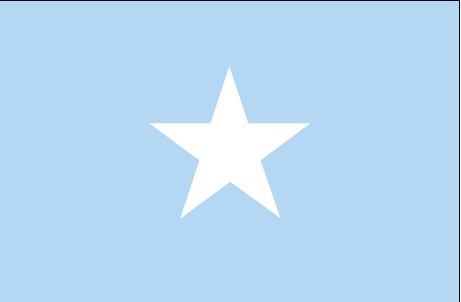 | Somalia |
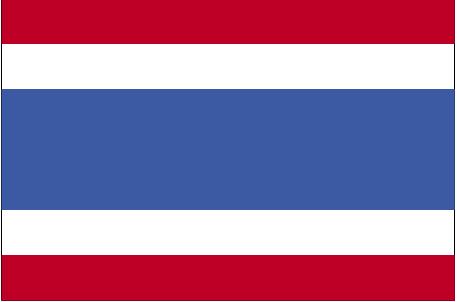 | Thailand |
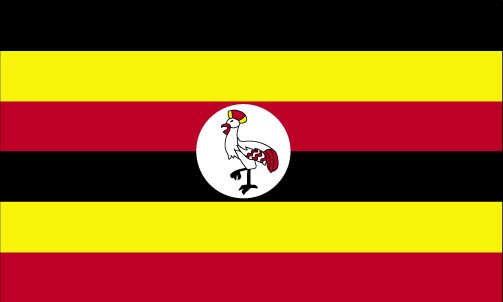 | Uganda |
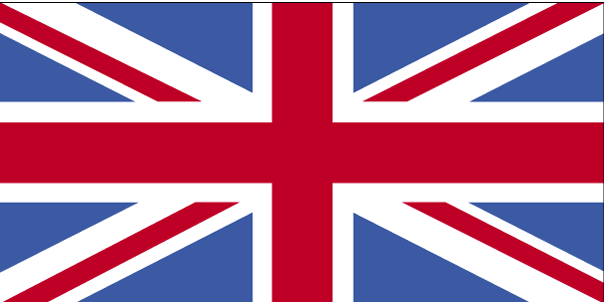 | United Kingdom |
 | USA |
Resolution
TQO: Human trafficking in sub-Saharan Africa
Committee: SOCHUM
Submitted by: The Russian Federation
Co-Submitters: Albania, Bahamas, Chile, Greece, Iceland, Pakistan, Peru, South Africa, Slovenia, Somalia, Thailand, Uganda, The United Kingdom, The United States of America, Qatar
THE SOCIAL HUMANITARIAN AND CULTURAL COMMITTEE,
Recognizing that human trafficking remains a significant issue in Sub-Saharan Africa, affecting men, women, and children who are exploited for forced labor, sexual exploitation, child soldiering, and domestic servitude,
1. Calls for the establishment of a new United Nations Sub-body named the United Nations Committee on Human Trafficking in Sub-Saharan Africa (UNCHTSA) under the United Nations Office on Drugs and Crime (UNODC) working in conjunction with the African Union (AU), relevant member nations, experts in the area of human trafficking, and any other relevant UN bodies, committees, agencies or NGOs whose mandate shall oversee all clauses in this resolution and the following:
a. hosting a biannual conference in Geneva, Switzerland to discuss improvements needed on this matter, recent developments and an extensive report overseen by the UNCHTSA which will include but will not be limited to:
i. accurate statistics about cross border crime in the previous six months
ii. summaries of responses made by relevant authorities through the year and their successes and failures
iii. recommendations composed by a panel of experts on how specific governments should proceed as well as general measures to combatting human trafficking
b. conducting consented investigations and managing the provision of funding to member nations in conjunction with relevant UN bodies, internal government bodies, and investigation bureaus on the issue of sub-Saharan human trafficking
c. fostering multilateral communication and information sharing platforms between relevant bodies in member nations to allow for enhanced knowledge sharing of pertinent issues and any relevant details such as the operations of human traffickers and any recently discovered plans;
2. Urges relevant member states to work in conjunction with the UNCHTSA develop and implement comprehensive frameworks to provide migrants safe and reasonable migration pathways as an alternative to dangerous illegal migration as a means to reduce vulnerability to human trafficking through the means of but not limited to:
a. ensuring the provision of legal, financial and social support services for migrants such as access to legal documentation, healthcare and education
b. collaborating with international organizations, such as the International Organization for Migration (IOM), to raise awareness among migrants about the risks of trafficking and their rights under international law as to discourage illegal migration
c. setting up job opportunity centers in high-risk areas for dangerous migration as identified by NGO and UNCHTSA reports to provide education programs as developed by UNESCO and entry level job opportunities in local businesses to dissuade financially challenged people from migrating in a dangerous or illegal way;
d. encouraging countries in sub-Saharan Africa to add human trafficking awareness programs to school curriculums that should educate the youth on the realities and dangers of human trafficking and equip them with important skills and knowledge on how to protect themselves and others from potential threats,
3. Recommends all relevant member states to work in conjunction with the UNCHTSA and all relevant experts to strengthen border security measures by developing and enhancing current technology and infrastructure specifically in areas that have been targeted by human traffickers through the means of but not limited to:
a. the development of biometric verification systems for any persons migrating to securely identify and cross-check the identity and background of said migrants to be overseen by the UNCHTSA in conjunction with all relevant member nations and relevant bodies as to ensure that data will be secured safely and to put clear privacy regulations and human rights safeguards in place to prevent misuse or discrimination to operate for the purposes of:
i. flagging alerts for individuals who have been previously involved in any form of human trafficking
ii. sharing these databases with appropriate privacy agreements between bordering countries in the sub-Sahara for the purposes of identifying trafficking victims so that authorities can intervene and provide the necessary protection services and so that law enforcement agencies can track repeat offenders and dismantle trafficking networks
iii. preventing identity fraud so that authorities can detect identity attempts and flag suspicious individuals
iv. to enable the ability to trigger real-time alerts so that authorities can immediately detain traffickers and rescue victims
b. the governmental establishment of regional dedicated anti-trafficking units within their current border security forces with specialized training in identifying signs of human trafficking, recognizing common trafficking routes and smuggling methods, using advanced surveillance technologies to monitor border areas that would operate through the means of but not limited to:
i. deployment in high-risk trafficking zones such as known trafficking hotspots, major border checkpoints, unpatrolled ‘green borders’ and more
ii. the coordination of sub-Saharan multi-country sting operations to dismantle organized trafficking syndicates, arrest traffickers and rescue victims;
4. Encourages the establishment of the Border Assessment System (BAS) to combat the corruption of human traffickers onto any relevant persons that work on the border through the means of:
a. the creation of an anonymous helpline for any workers who have been contacted or threatened by gangs or any form of human traffickers to conduct any sort of illegal activities which will lead directly to the UNCHTSA who can from there confirm the safety of this individual and conduct investigations into these threats
b. conduct rigorous background checks on any applicants for border control to ensure that they have had no previous contact with gangs or human trafficking and to automatically disqualify them from applying if they have any type of serious offenses on their criminal record or relation to gangs known to conduct human trafficking such as outstanding debts, family relations and more
c. conduct regular reviews on any workers to ensure they have not been corrupted through debt assessments, bank account monitoring, drug testing and workplace monitoring to detect any suspicious behavior.
5. Calls for the establishment across sub-Saharan Africa of specialized care facilities for victims of human trafficking, taking into consideration their security, dignity, and long-term rehabilitation, the specialized care facilities will be established by;
a. the creation of victim care facilities at central levels, particularly in areas identified as hotspots for human trafficking by;
i. conducting local assessments in collaboration with international organizations, NGOs, and governments to identify locations of greatest need, and to help quantify the scope of resources that will be needed,
ii. the setup of centers which are infrastructured appropriately, having a secure perimeter area, private living areas, medical units, trauma recovery rooms for a safe supportive environment for the victims,
iii. equipping these facilities with adequate security to including personnelles and emergency response procedures for the protection of possible threats from traffickers who are all selected by the UN,
iv. providing for ease of access by victims in rural or disadvantaged areas, either through transportation availability or through mobile service
b. ensuring that services provided to identified victims in these facilities cover a range of services such as but not limited to:
i. short and long-term medical services, including emergency care for injuries and illnesses perpetrated during the abuse,
ii. emotional and psychological support, considering the cultural context, including group counseling and peer support programs;
iii. psychological health and rehabilitation services, including trauma counseling, to victims of psychological abuse and sexual and reproductive health care for sexually exploited victims by ensuring the privacy and dignity of the victims
iv. vocational and education programs: having skills training in line with the needs of the local labor market, literacy and language courses for victims from different backgrounds, scholarships and access to education for children of those trafficked
c. ensuring that these centers are operated and managed in an inclusive and effective manner by;
i. involving survivors in advisory roles to provide feedback regarding the development and implementation of victim care programs;
ii. training staff on trauma-informed care, cultural sensitivity, and human rights principles,
iii. community leader partnerships to promote reintegration into society and reduce stigma for victims;
d. providing mechanisms of accountability and evaluation by:
i. annual audits and evaluations by the UN bodies to ensure that the centers are functioning effectively and meet international standards,
ii. ensuring periodic progress reports to the African Union and United Nations for adaptability,
iii. contingency measures against overcrowding, funding gaps, or natural disasters that would ensure that the centers do not experience any disruption in their work
a) The establishment of a comprehensive international framework to address the root drivers of human trafficking in sub-Saharan Africa, including conflict resolution, climate action, and economic development
b) Facilitate dialogue on the strengthening of international cooperation to combat human trafficking in sub Saharan Africa, through information sharing, and the prosecution of criminal networks,
c) The drafting of a UN convention regarding human trafficking in sub Saharan Africa that will further tackle the issues of the rights of people in sub Saharan Africa and further establish guidelines on how to combat human trafficking in Sub Saharan Africa
d) Providing accurate statistics about cross border crime in the previous six months,
e) Providing summaries of responses made by relevant authorities through the year and their successes and failures,
f) Providing recommendations composed by a panel of experts on how specific governments should proceed as well as general measures to combatting human trafficking